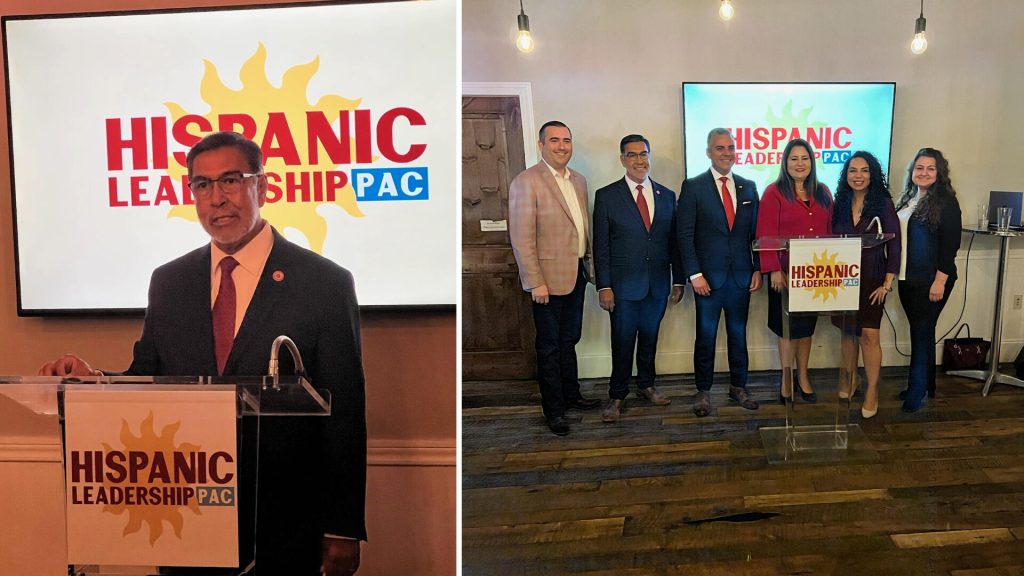The conversation around the minimum wage has ramped up over the last several years. An additional component has cropped up, the longer the federal minimum wage has remained below $8 an hour – the idea of universal basic income (UBI). Democrats are a fan, Republicans are critical, as is the usual way these types of things go.
Republicans Taking Action Against UBI
Some Republicans are going further than rhetoric, though. While many conservatives have called the concept of UBI an excuse for people who want to be lazy or not work, others are going out of their way to make it deliberately more difficult for these types of programs to be instituted at any point in the future.

Arizona is one such state. Arizona is a political anomaly, in that it is historically a conservative state. However, it swung blue in the last presidential election, and it looks that the senate seat currently held by Kyrsten Sinema is going to be one of the more hotly contested senate races this coming year.
Conservatives Passing Basic Income Restrictions
Despite the fact that the state swung blue in the last election and the current governor of the state is a Democrat, the state legislature is still heavily conservative and are working to pass bills and laws that reflect those stances.

A recent bill that was introduced is particularly puzzling. State lawmakers introduced a bill that would ban any municipality or county in the state from making payments o a person as part of any guaranteed basic income program. The bill describes a “guaranteed income program” as any program where someone receives payments that are “unearned.”
Other Cities Have Tried Basic Income Programs
This bill comes in the wake of multiple cities across the country experimenting with various basic income programs. These programs are generally not funded specifically through the state, but rather through local initiatives or nonprofits.

The programs that have been implemented typically provide monthly payments of $500-$1000 to low-income residents or families to spend however they would like. Denver, for example, has a basic income program that gives some residents up to $1000, which has increased housing security for participants.
Different from UBI
While these programs do provide individuals with money for no work, it must be stated that they are notably different from the concept that many people have of universal basic income. UBI is typically arranged as a federal program, and provides a base payment to all citizens, regardless of income levels.

UBI is a stance that former presidential hopeful Andrew Yang touted during his short-lived run for the Democratic nomination for president in 2019. He explained that all Americans should have the right to a basic income level of $1000 a month, and at the time, firmly supported the idea that the federal government should support this income.
Republicans Staunchly Against Basic Income
Basic income programs are a little different, both in their source and their requirements. They typically have income requirements that need to be met in order to apply for them, like many other state benefits, and, as mentioned, they rarely come from the state government itself.

Despite these specifications, Republicans across the country have still come out strongly against any type of universal or basic income programs. This is in spite of the idea and practice growing in popularity in recent years, particularly with the increasing housing affordability crisis and increase in levels of homelessness.
Comparing Basic Income to Socialism
In Arizona, the sponsor of the bill has compared guaranteed income to socialism. Lupe Diaz, in speaking about the bill, specifically pointed to a 2022 Phoenix program that used federal COVID-19 funds to provide 1000 low-income families with $1000 a month for a year.

In order to qualify for that program, families needed to earn less than 80% of the area’s median income of $63,200. The Phoenix City Council used $12 million of federal relief funds for the program, which Diaz pointed out as inherently problematic.
Other Conservative States Banning Programs
Other conservative states have seen the implementation of basic income programs, including Harris County in Texas. A challenge from a Republican state lawmaker in January has raised the issue of basic income program’s constitutionality to a state court, though.

The assertion from many Republicans who oppose these types of programs is that they provide for low-income individuals while “robbing” from those who pay higher taxes. John Gillette, another sponsor of the bill in Arizona, projected that basic income programs could hurt other, already established safety nets, hence the need for a preemptive ban.
Iowa and South Dakota Banning Basic Income
Arizona is not the only state that has introduced bills that would ban these types of basic income programs. In Iowa, conservative lawmakers called basic income programs “socialism on steroids” before introducing a similar bill that would prevent these programs from being implemented in the state.

Likewise, a bill in South Dakota would ban local governments from creating any type of guaranteed income programs. The sponsor of that particular bill called guaranteed income programs a “one-way ticket to government dependency” in his statement as to the reasoning behind the bill.
An Important Conversation Going Forward
As technology has developed and things like artificial intelligence become more and more prevalent in society, the conversation around basic incomes and universal incomes will necessarily increase. As society is automated, providing for citizens whose jobs are displaced will be one way that the government can avoid a significant crisis.

Eventually, politics will need to be set aside when addressing what is best for many individuals. Basic income programs have seen success in states where they have been implemented, and eventually, it will not become a question of whether or not these programs are legal, but simply who can qualify for them.






